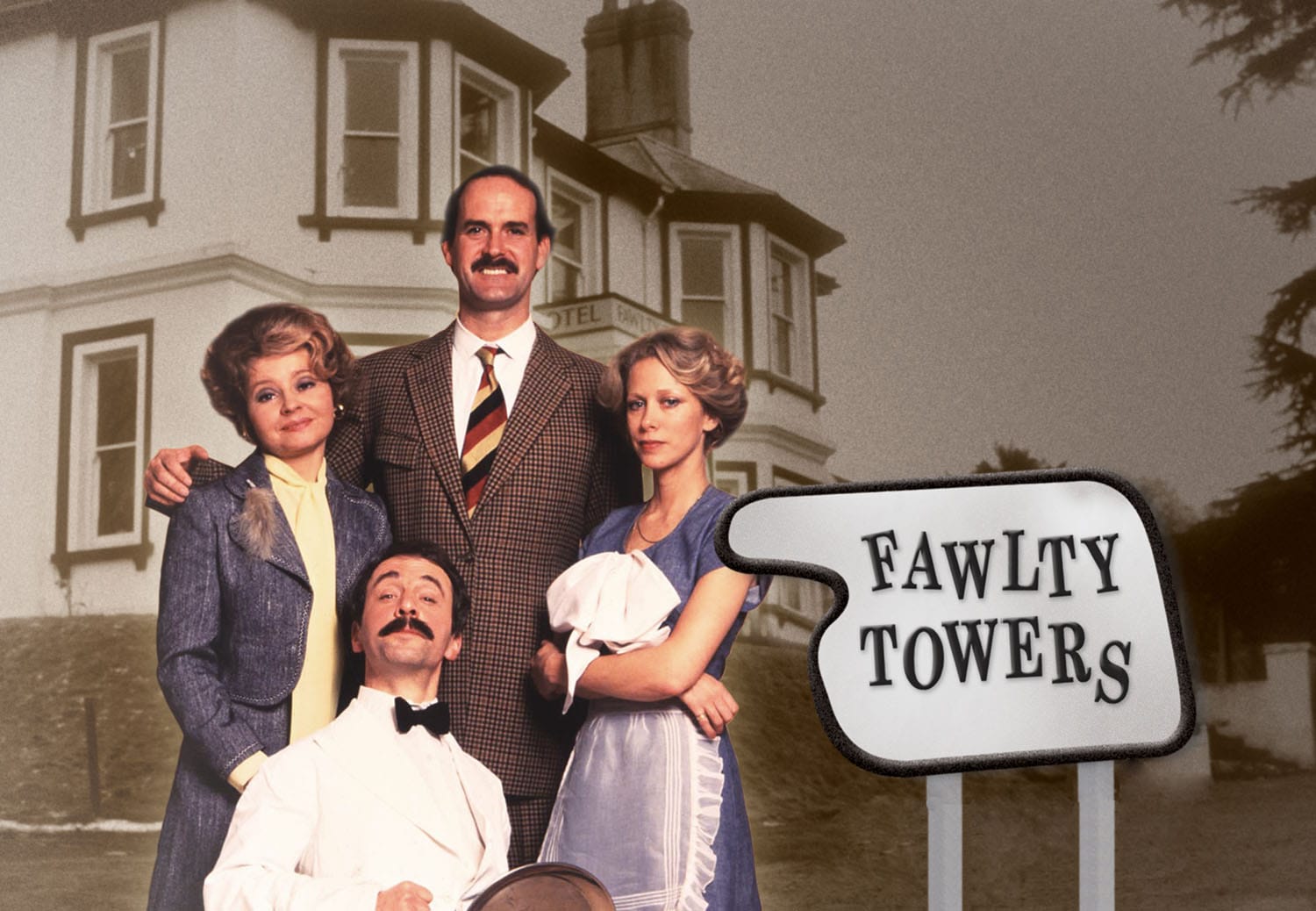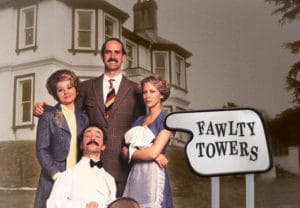
Knowing when to quit
Share this article:
 There were only two series of “Fawlty Towers”. Two series of “The Office”. And so on. For many comedy writers it’s about knowing how to quit at the top of the game and go onto something else. Contrast this with the USA approach to comedy series for TV which often run for 10 series or more. Which is the better approach?
There were only two series of “Fawlty Towers”. Two series of “The Office”. And so on. For many comedy writers it’s about knowing how to quit at the top of the game and go onto something else. Contrast this with the USA approach to comedy series for TV which often run for 10 series or more. Which is the better approach?
It’s important to know when to quit, rather than drive something relentlessly into the ground until you are remembered for the poor ending rather than the spectacular beginning.
How do we know when to quit? When something is fine tuned and working beautifully after all the work to get it right – is that the time to keep going and deliver excellence, or is that when we should stop?
From my own experience – especially with running workshops, events, conferences and programmes – there is a point where the natural arc of what is being delivered reaches the top of the bell curve. That is the point where as a courageous leader it is time to say stop. At that point (and knowing where the top of the curve is, is really tricky) it’s time to stop the current approach and either move on or adapt it to another level of excellence.
Do you know when you are at your peak? Do you know how to transform to another level or to just stop and go out on a high?
There are some things to think about:
- The audience or participants for the work. Have they received what they wanted?
- What different approach is needed to take the existing work and transform it into something that is a step change better than the current approach?
- What would happen if we just stopped doing this now? How would it look in 6 months time?
Final question to consider – when is the best time to stop this and leave them wanting more? Because that is the best time to quit!
(November Challenge 8/31)
Also published on Medium.
